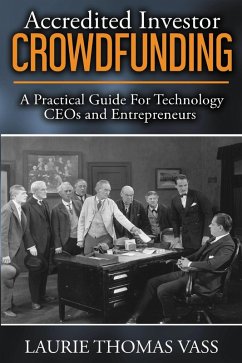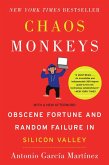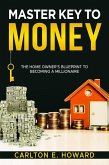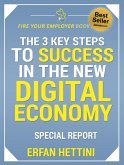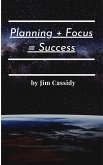Accredited Investor Crowdfunding
The purpose of this book is to describe how an established technology company or commercial real estate partnerships can use CrowdFunding to raise capital from accredited investors.
The book is targeted to commercial real estate developers, and small private technology companies, usually with less than 10 employees, and with more than 3 years of operational experience.
The method of raising capital explained in this book is useful to commercial real estate firms who desire to raise large amounts of capital, at one time, to fund large scale developments. Generally, for commercial real estate firms, the amount of the capital raise would be over $10 million.
Generally, for technology companies, the goal for the amount raised would be around $1 - 5 million. Most of the capital would be used for such items as new staff, sales and marketing, and new capital equipment. From a technological point of view, the capital would generally be used to improve an existing product or service, called a sustaining innovation.
The target market for finding potential investors for both technology firms and commercial real estate partnerships is the 8 million, or so, wealthy individuals, who earn more than $200,000 per year. These type of wealthy investors are commonly called "accredited" because they meet the criteria and guidelines in SEC rules for making a risky private investment.
The purpose of this book is to describe how an established technology company or commercial real estate partnerships can use CrowdFunding to raise capital from accredited investors.
The book is targeted to commercial real estate developers, and small private technology companies, usually with less than 10 employees, and with more than 3 years of operational experience.
The method of raising capital explained in this book is useful to commercial real estate firms who desire to raise large amounts of capital, at one time, to fund large scale developments. Generally, for commercial real estate firms, the amount of the capital raise would be over $10 million.
Generally, for technology companies, the goal for the amount raised would be around $1 - 5 million. Most of the capital would be used for such items as new staff, sales and marketing, and new capital equipment. From a technological point of view, the capital would generally be used to improve an existing product or service, called a sustaining innovation.
The target market for finding potential investors for both technology firms and commercial real estate partnerships is the 8 million, or so, wealthy individuals, who earn more than $200,000 per year. These type of wealthy investors are commonly called "accredited" because they meet the criteria and guidelines in SEC rules for making a risky private investment.
Dieser Download kann aus rechtlichen Gründen nur mit Rechnungsadresse in A, B, CY, CZ, D, DK, EW, E, FIN, F, GR, H, IRL, I, LT, L, LR, M, NL, PL, P, R, S, SLO, SK ausgeliefert werden.

